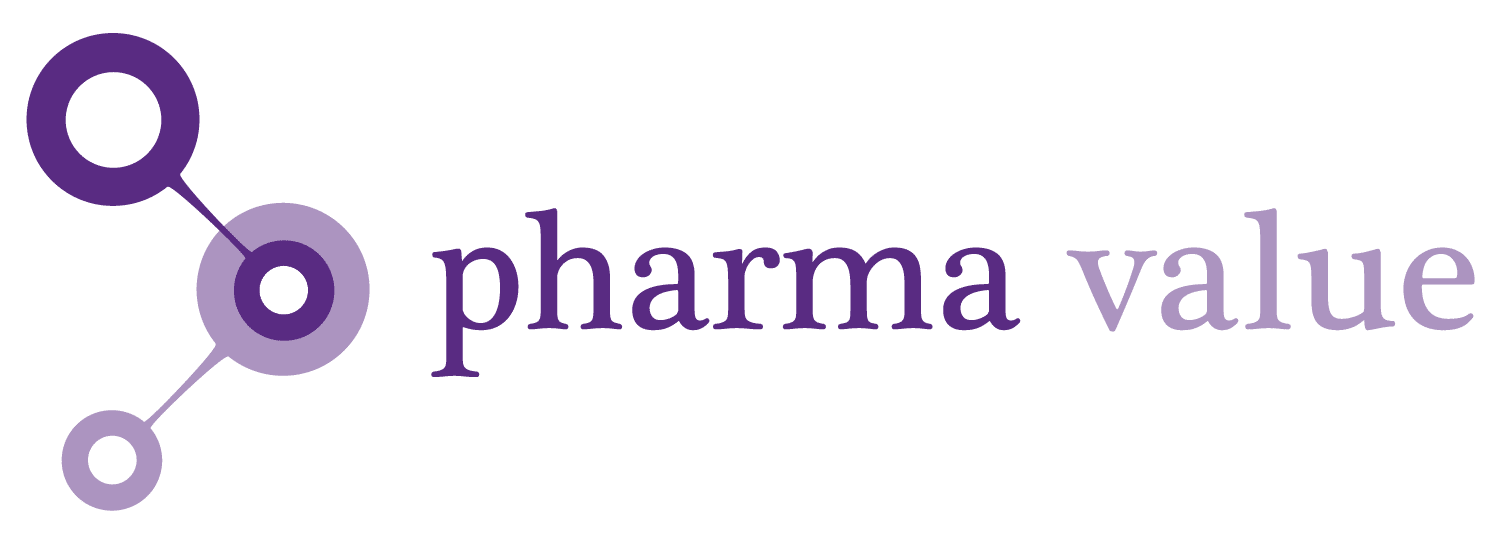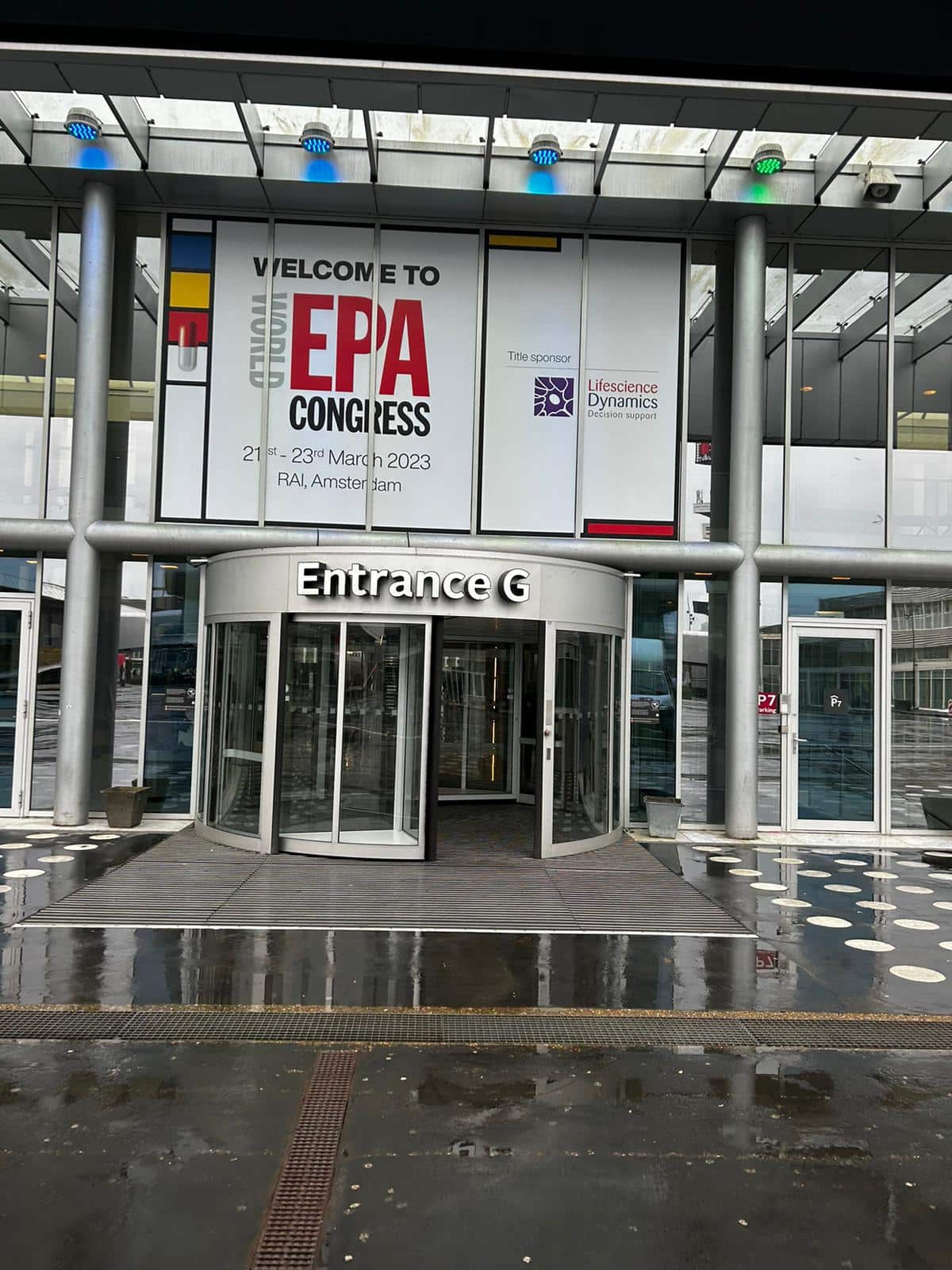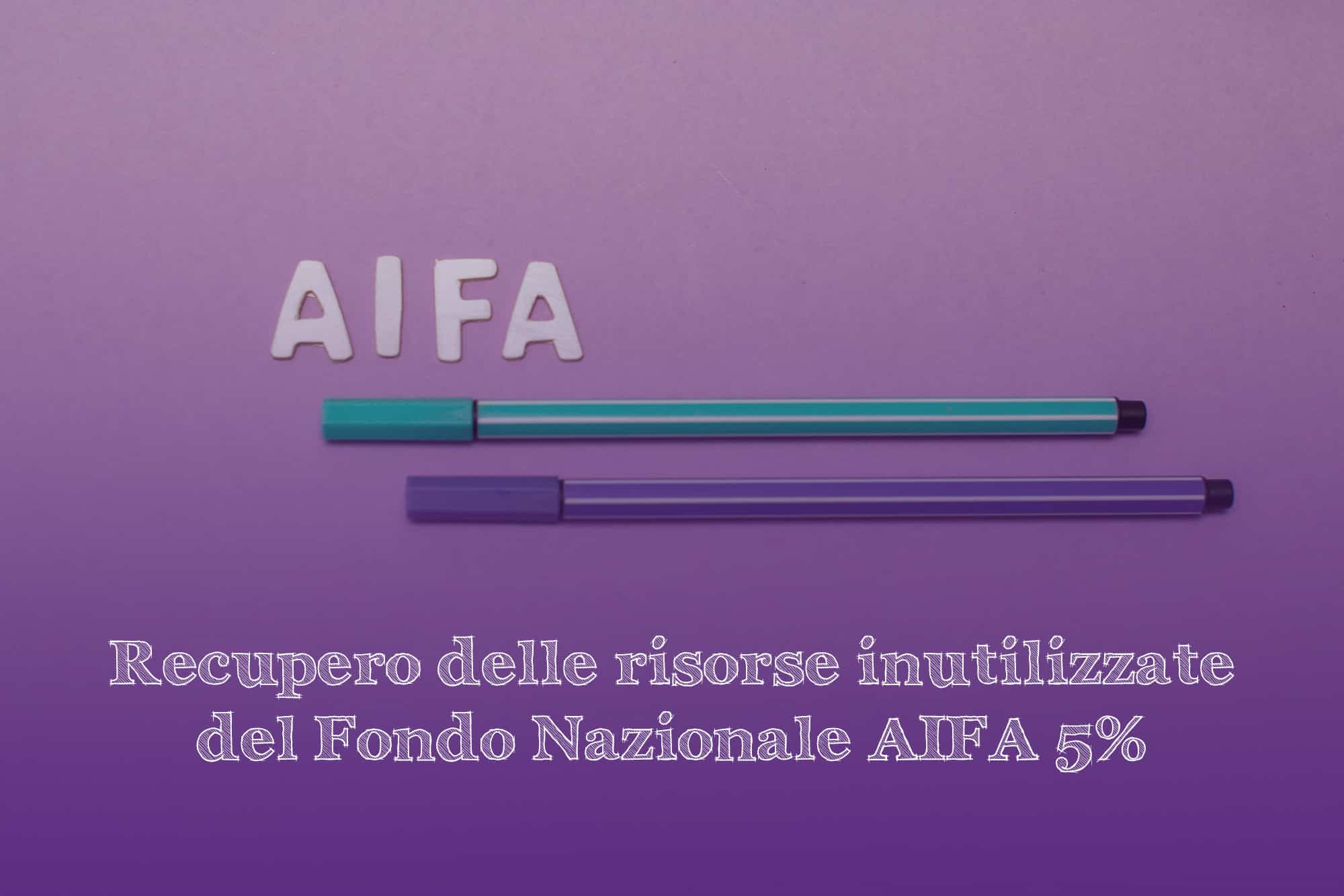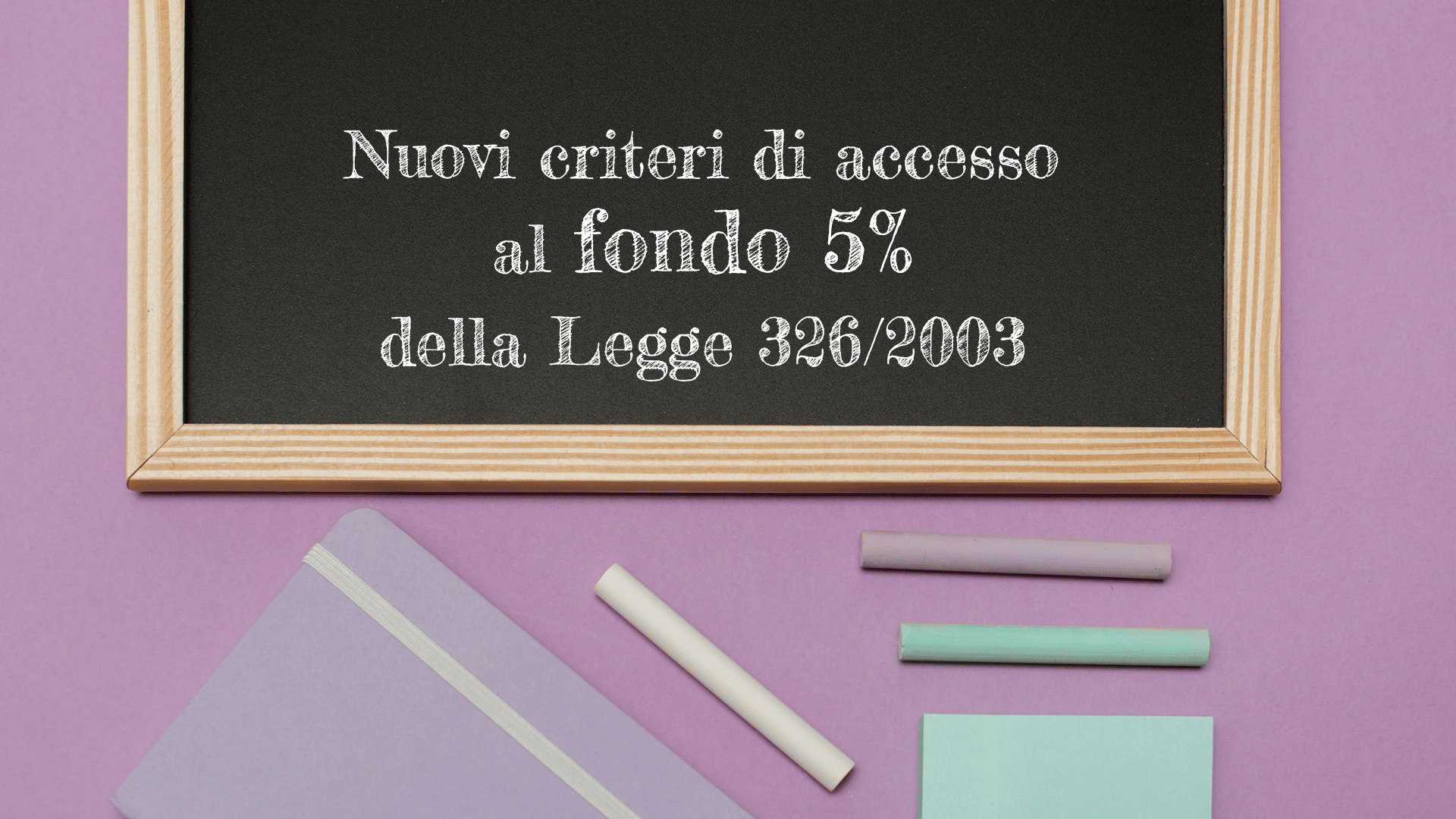In collaboration with Rarelab we started a investigation with the objective of assessing the actual impact of the use of comparators in the trading of orphan drugsmedicines that by their very nature need recognition for both the social and economic value they represent.
This survey is aimed at companies active in the sectorin order to highlight and systematise the difficulties encountered during price and reimbursement negotiations in Italy concerning this specific category of drugs. The questions focus mainly on the economic evaluations conducted by AIFA regarding drugs for the treatment of rare diseases in the period 2020 - 2023.
The survey can be accessed at link
and will be available online from 5 February 2024 to 17 March 2024.
The comparator for orphan drugs: the regulatory framework
The path from the discovery of a new molecule to its commercialisation is long, costly and characterised by considerable uncertainty. It is even more so for drugs to treat rare diseases as they affect a limited population, making it difficult for pharmaceutical companies to recoup the capital invested in the research and development phase.
In Italy, both clinical and economic comparators are used during the pricing and reimbursement process of a drug. This method also applies to orphan drugs, which by nature do not have defined comparators.
To promote the development of orphan drugs, the European Union has created incentives that are detailed in the European regulations:
- Market Exclusivity
- Technical Assistance to the Protocol
- Access to the Centralised Procedure
- Reduced Rates
With Decree of 2 August 2019 the Ministry of Health, in collaboration with the Ministry of Economy and Finance, has outlined the criteria and methods by which the Italian Medicines Agency (AIFA) establishes, through negotiation, the price of medicines reimbursed by the National Health Service (SSN).
This decree, which repealed CIPE Resolution No. 3 of 1 February 2001, was supplemented by the "Guidelines for the compilation of the dossier supporting the application for the reimbursability and pricing of a medicinal product", drawn up by AIFA.
These provisions apply to medicinal products authorised according to various procedures and for the purpose of inclusion of medicinal products in the list of Law 648/1996, as well as to the purchase of specific categories of medicinal products by National Health Service entities for public health needs.
The Decree requires to the company holding the Marketing Authorisation (MA) by indicate the main therapeutic alternatives used in Italyif any, on outcomes recognised as clinically relevant and validated for the disease in question for the target population, starting with the Standard of Care (SoC) recognised at the time of submission.
To determine the Standard of Care (SoC), the treatments or combinations thereof most commonly used in Italian clinical practice for each subpopulation or indication considered must be taken into account. This includes both drugs included in the 648/96 list and other established therapeutic strategies, as well as treatments recommended by national or international guidelines. In the absence of therapeutic alternatives, Best Supportive Care (BSC) or placebo is also considered.
This process of identifying the therapeutic alternative is also crucial in negotiations concerning orphan drugs, which, according to Reg. unmet health needs as they target diseases for which there are no valid methods of prophylaxis and treatment, or if they do exist, the medicine will have significant beneficial effects for those affected by that disease.
Consider that approximately 95% of rare diseases have no authorised treatments.
The use of a established or listed drug under Law 648/96 as a comparator for pricing may be critical as these drugs may not have undergone indication-specific clinical trials, with the risk that their efficacy may not be comparable to that of the drug being compared.
The survey proposed by Rarelab and Pharma Value aims to assess the actual impact of the use of comparators in orphan drug negotiations in order to identify and systematise the difficulties encountered in this specific field.
To answer the questions, please log on to link.
Completion of the questionnaire lasts 15 minutes per drug.
The survey will remain online from 5 February 2024 to 17 March 2024.
Each contribution is essential to create a sketch of an orphan drug and AIFA's standard evaluation.
The data provided will be treated with the utmost confidentiality, will be anonymised, statistically analysed and presented only in aggregate form.
